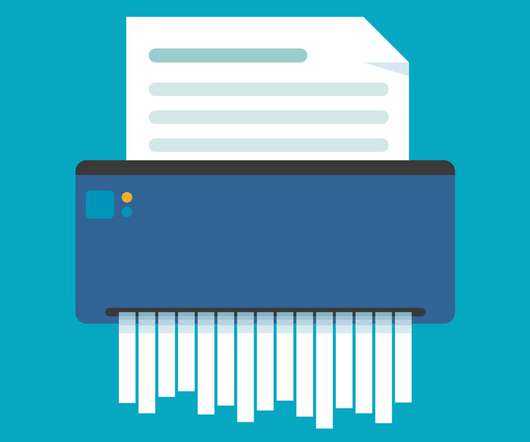Relativity Announces aiR for Review, Its Generative AI Review Product, Plus Other AI Products for E-Discovery and Data Management
LawSites
SEPTEMBER 27, 2023
At its Relativity Fest user conference in Chicago today, the e-discovery company Relativity announced the forthcoming release of Relativity aiR for Review, the first of a planned series of products that will use generative artificial intelligence to help legal professionals in their work.














Let's personalize your content